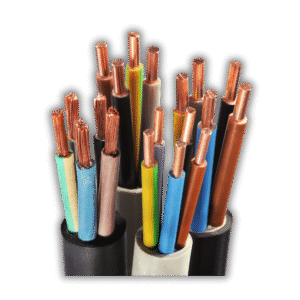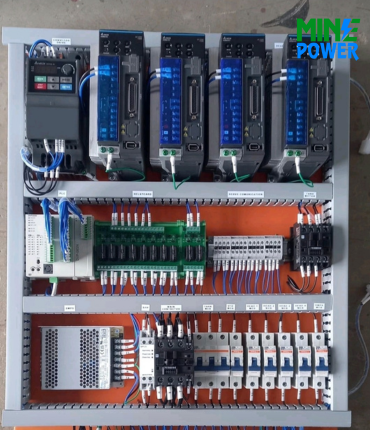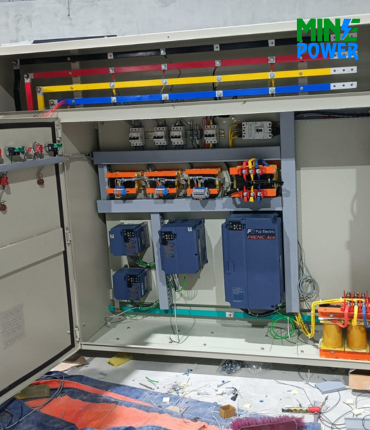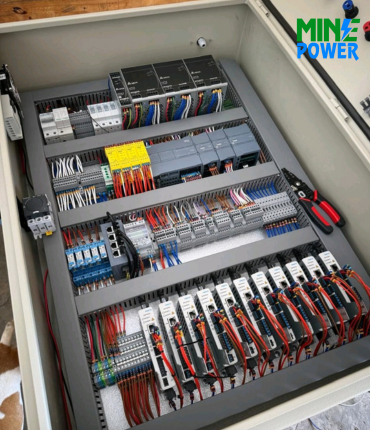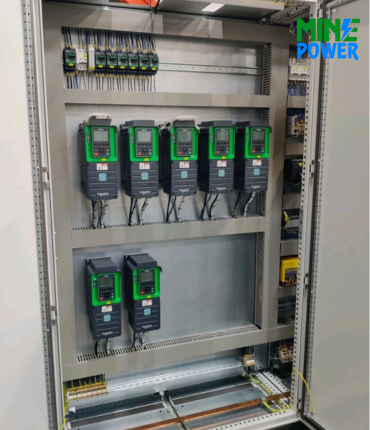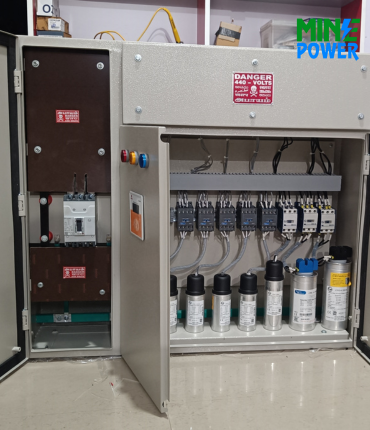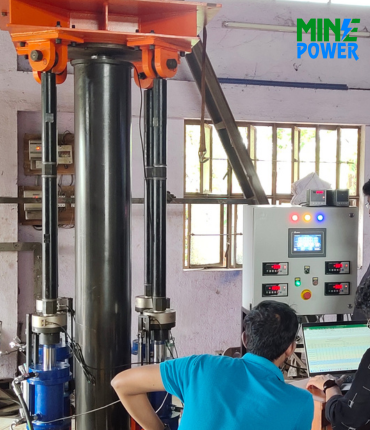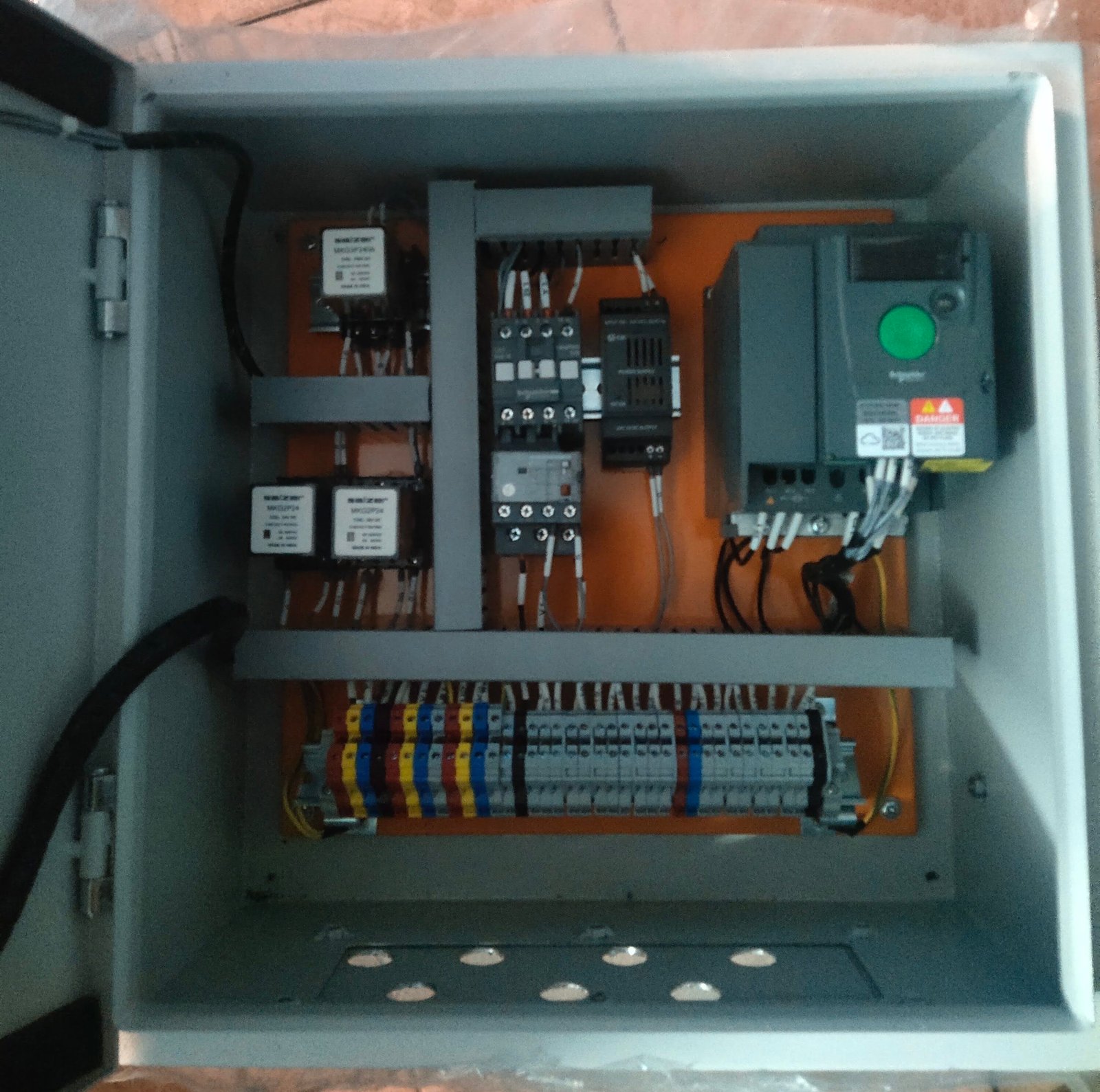Plastic ABS Enclosures provide durable, lightweight protection for electronics and control systems. With excellent insulation, chemical resistance, and IP-rated options, they are ideal for automation, IoT, and industrial applications.
Description
Plastic ABS Enclosures are lightweight, durable, and cost-effective protective housings designed to safeguard electronic components, instruments, and control systems. Made from Acrylonitrile Butadiene Styrene (ABS), these enclosures provide excellent impact resistance, electrical insulation, and weatherproofing, making them ideal for industrial, commercial, and consumer applications.
Key Features
-
Strong, lightweight, and durable ABS plastic material
-
Excellent impact and chemical resistance
-
Electrical insulation properties for safe installations
-
Available in multiple sizes, shapes, and mounting options
-
UV-resistant and flame-retardant grades available
-
IP-rated versions for dust and water protection
-
Easy machining and customization (cut-outs, drilling, printing)
-
Affordable compared to metal enclosures
Applications
-
Electronic device housings
-
Control panels and instrumentation boxes
-
Industrial automation systems
-
Power supply and distribution units
-
IoT devices, sensors, and controllers
-
Telecommunication equipment
-
Consumer electronics casings
-
Medical and laboratory devices
Specifications
-
Material: ABS (Acrylonitrile Butadiene Styrene)
-
Color Options: Black, Grey, Transparent, Custom
-
Temperature Range: -20°C to +80°C (higher grades available)
-
Flammability Rating: UL94-HB / UL94-V0 (optional)
-
Ingress Protection: IP54 / IP65 / IP67 (model dependent)
-
Mounting: Wall, DIN rail, or panel mount options
-
Customization: CNC cut-outs, screen printing, labels
Advantages
-
Lightweight and easy to handle
-
Cost-effective compared to metal enclosures
-
Resistant to corrosion, moisture, and chemicals
-
Excellent for indoor and outdoor use (UV-stabilized versions)
-
Easy customization for specific needs
-
Provides safe electrical insulation
Disadvantages
-
Lower mechanical strength than metal enclosures
-
Limited temperature resistance
-
Not ideal for extremely heavy-duty industrial environments
-
May degrade faster under prolonged UV exposure (if not UV-treated)



